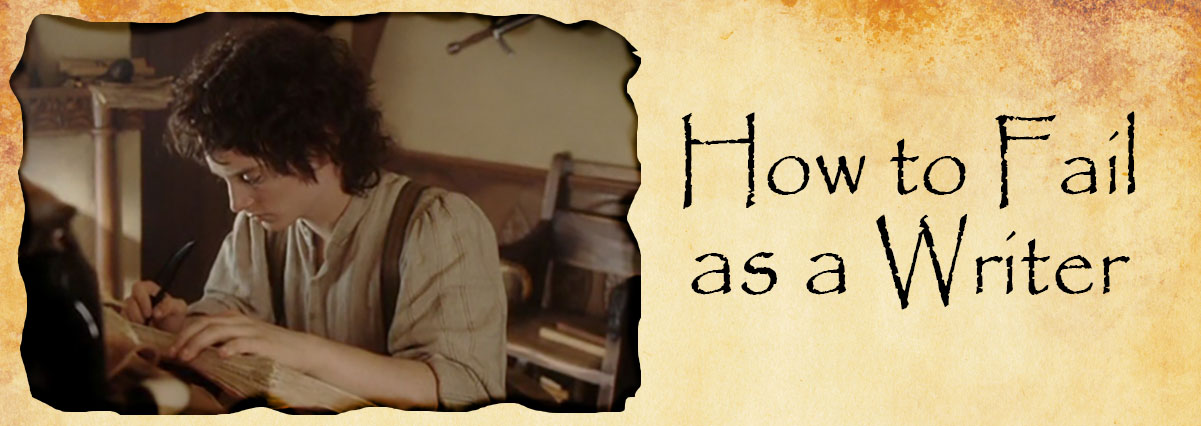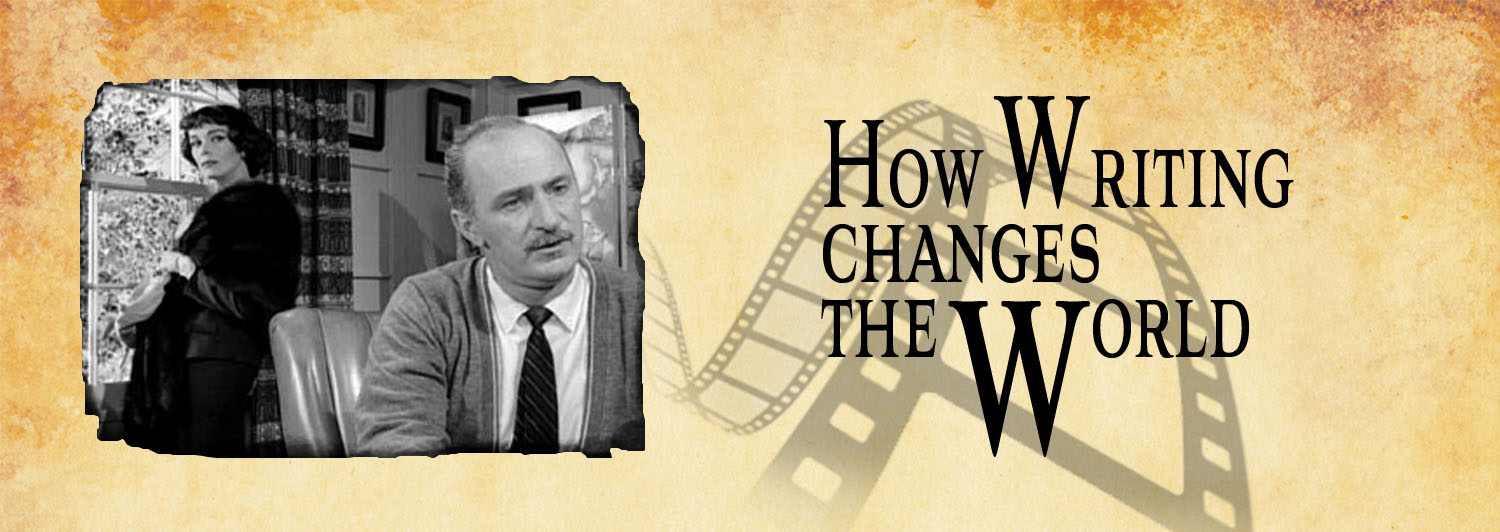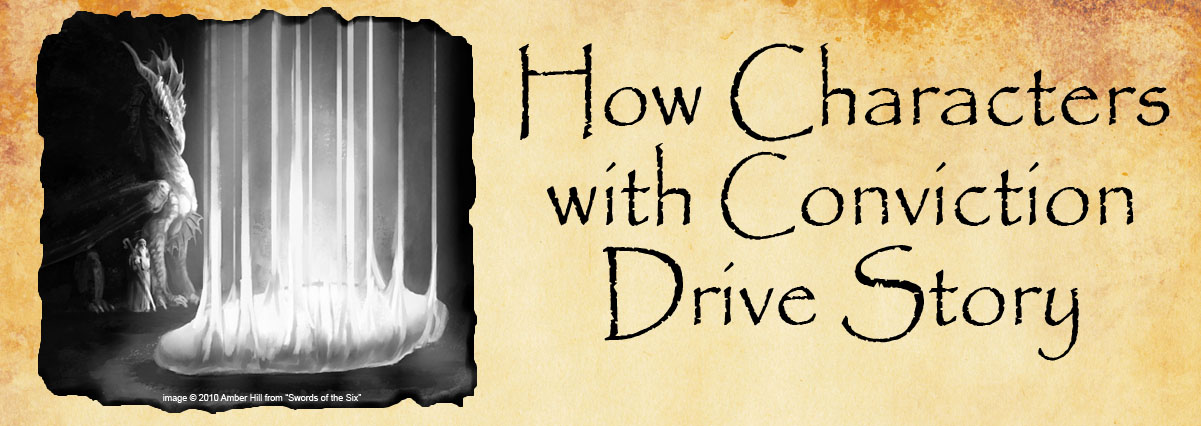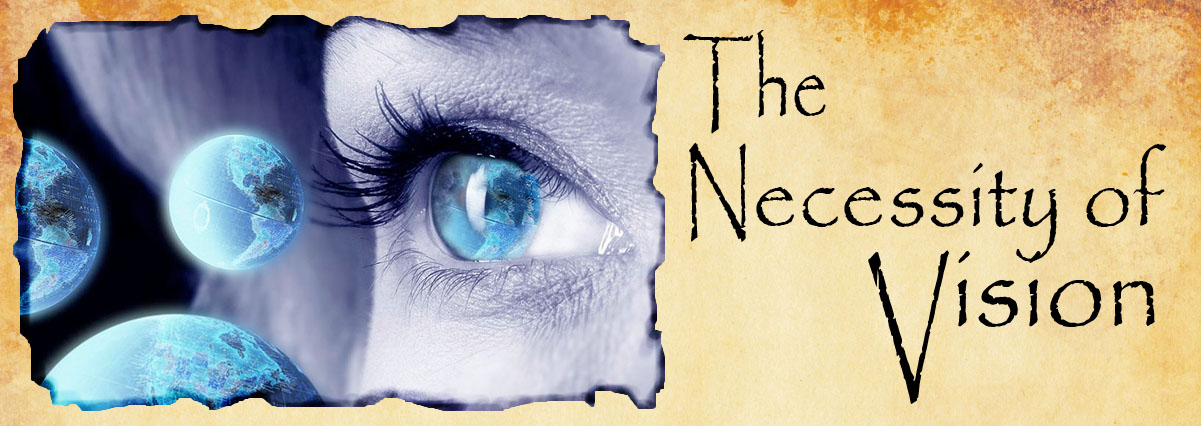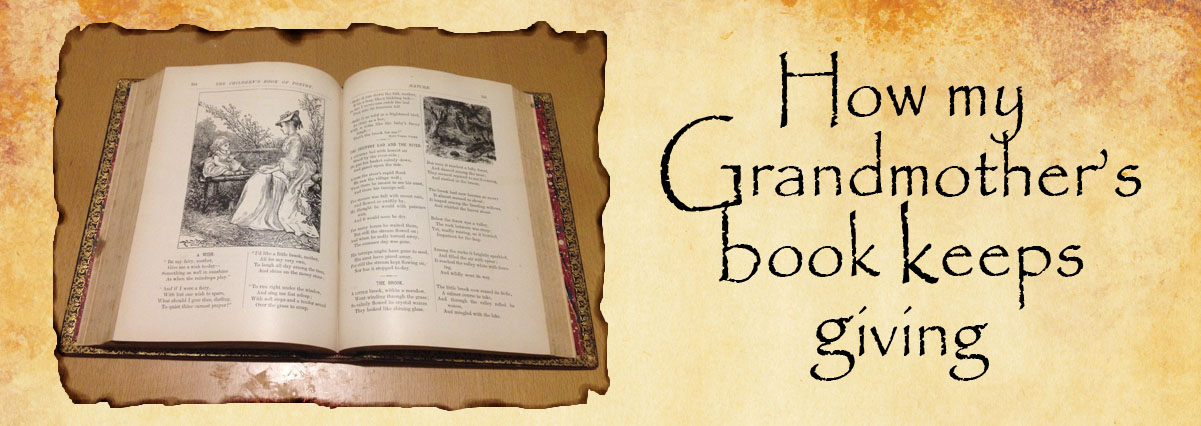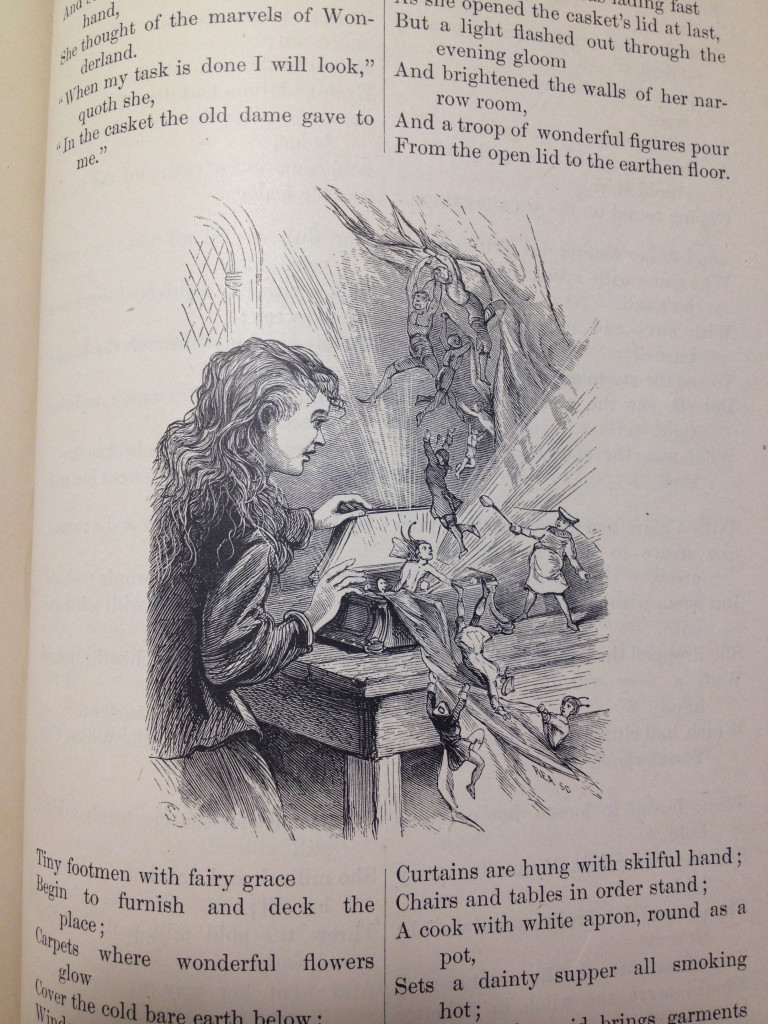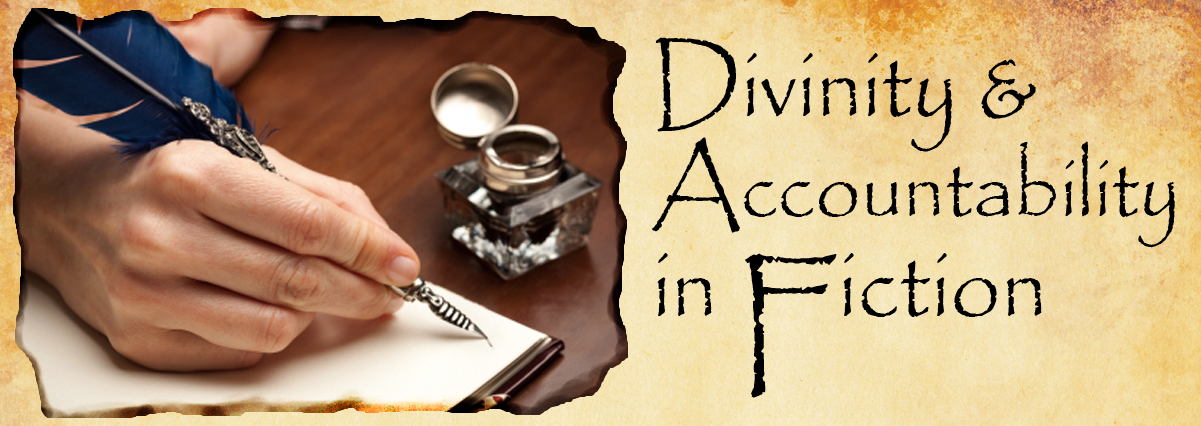How you can fail as a writer
It’s a straightforward dilemma. If you dream of writing the kind of stories you love then one day you hope to share those stories with the world. You will focus on the things that matter, like good grammar and stronger sentence structure. You will face the demons of self-doubt, and you believe you will emerge victorious because you have prepared for this battle. But equally important for you to understand is how not to succeed as a writer.
If you want to succeed at something you must also recognize what things you need to avoid in order to succeed. We learn best by example, so let me tell you about Tommy Hopeful, a (fictional) writer who followed the path to writing failure.
Tommy was born to be a writer! He told stories to his siblings out of the crib. He read extensively, studied hard, and hoped one day to emulate his favorite authors. Yes, Tommy always wanted to be a writer. He jotted down story ideas that interested and excited him. His notebooks burst at the seams and he found he had to buy boxes of rubber bands to secure the well-used notebooks. Ah! Tommy had a veritable library of ideas, some partially constructed on paper, others fully written out.
At last, Tommy submitted his work to a literary agent. This was the moment he had waited for, he felt sure. Now a professional would see and believe in him. He didn’t dream of big money, lavish vacations, or any such frivolity. Tommy dreamed of seeing his book on Grandma’s shelf. It didn’t have to be fancy. It was his. He waited for ten months before the letter came, and with eager anticipation he cut open the envelope to read the letter within. Surely it would be handwritten, or personally notated.
Tommy’s first rejection letter was as generic as they come. He felt disappointed, yet not disillusioned. Well, that is, not until three years later when he added another generic rejection letter to the pile. He stopped writing as the discouragement settled in. He was a young man now and everyone around who cared about him told him it was time for him to put his energies into something that would pay his bills. It was time for him to stop disillusioning himself. The world awaited.
Tommy turned his passion into his hobby. He shared his stories with a handful of polite friends, he settled into that steady job, bought a house and began raising a family. Before he knew it the years had gone by, leaving him with gray hair. His children had moved on, much of his family had deceased. Tommy looked around him and realized that he had left nothing of import to the world, that is with the exception of his children. But he realized that the rest of the world would never know him. They would not remember his existence, except for the gravestone. But what epitaph would there be on his stone? What had he done so that a few hundred years from now he was still blessing the world.
Tommy let the demon of discouragement destroy his immortality. If he had wanted, he could have taken the bull by the horns. He could have picked himself up out of the dirt. Instead he allowed discouragement to govern his responses to the world around him.
Acknowledge discouragement but do not let it govern your choices.
Q: How do you react to discouragement?
